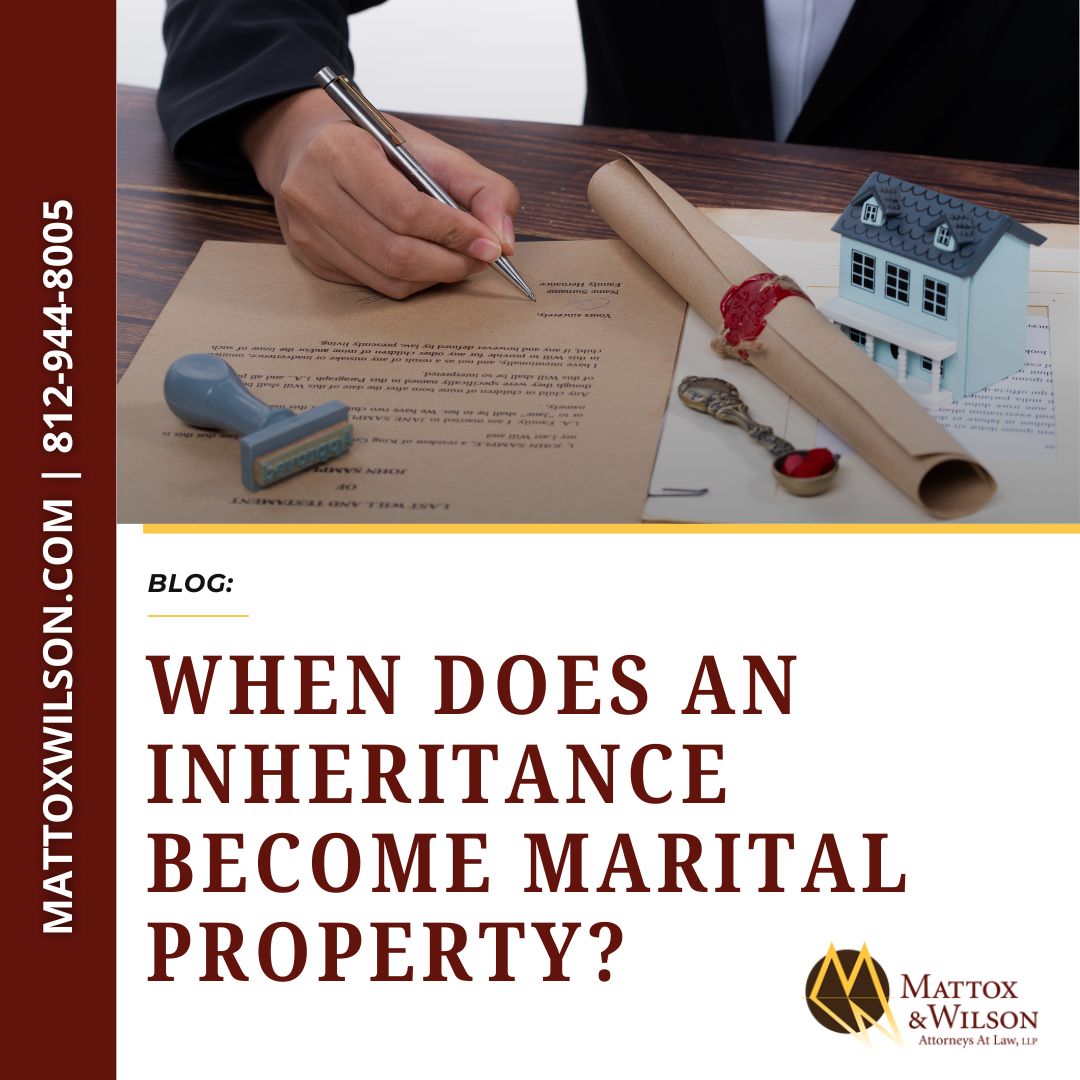
southern
indiana
During a divorce, the complete marital estate—including properties, assets, and liabilities—must be equitably divided between the parties. Dividing debt in a divorce mirrors the asset division process but introduces unique challenges. For instance, if one spouse managed finances, the other might be unaware of certain debts, potentially leading to disputes over responsibility in court.
Indiana’s approach to property division mandates courts to divide the marital estate equitably, which extends to debts. It’s crucial to understand that “equitable” does not guarantee a 50/50 split of liabilities. Therefore, the advocacy of an experienced Indiana property division attorney becomes invaluable in securing a just division.
Whether you’re initiating a divorce or have received divorce papers, we invite you to call our office to schedule a no-obligation consultation. As experienced asset division lawyers, we help individuals with all types of property and debt division matters, ranging from those that are straight-forward to those that are more complex, such as the division of business interests. Call our office today to schedule a consultation to learn more about your legal rights and options.
No, Indiana is not a community property state. Community property states generally recognize both spouses as being the owners of most assets purchased during a marriage, even if the name of only one spouse is on the title.
Usually, yes, so long as the asset was purchased during the marriage from funds that were received as part of working during the marriage.
As an example, suppose a couple gets married, and the husband is the primary breadwinner. The husband then purchases a home out of his earnings after the marriage occurs, and the title for the home is in the husband’s name. During divorce, the wife would be entitled to a fair portion of the value of the home, even though the home is not in her name. The same concept applies to other assets.
Property and assets are divided in an Indiana divorce based on the principle of “equitable distribution.” This means the court aims to divide property and assets in a way that is fair and just, but not necessarily exactly equal. Indiana law requires a presumption that an equal division of the marital estate is just and reasonable; however, this presumption can be rebutted by evidence that an equal division would not be equitable.
When determining how to divide property and assets, Indiana courts consider a number of factors, including:
Given the complexities involved in property division, individuals going through a divorce are encouraged to consult with an experienced property division attorney who can provide guidance tailored to their specific situation. At Mattox & Wilson, we can help.
Assets divided during an Indiana divorce include:
Debts that can be divided include:
It is important to note that the division of these assets and debts will depend on several factors, including the contribution of each spouse to the marital estate, the economic circumstances of each spouse at the time of the division, and any agreements (such as prenuptial or postnuptial agreements) that the spouses may have in place. The goal is to reach a division that is equitable, considering the needs and capacities of both parties.
As asset division lawyers with decades of experience, we strive to secure the most favorable outcomes for our clients, ensuring that their rights and interests are protected every step of the way.
If you’re facing the daunting task of dividing assets during a divorce, don’t go through it alone. Contact us today to schedule a consultation with an experienced asset division attorney. Let us help you move forward with confidence and peace of mind, knowing that your future is in capable hands.
